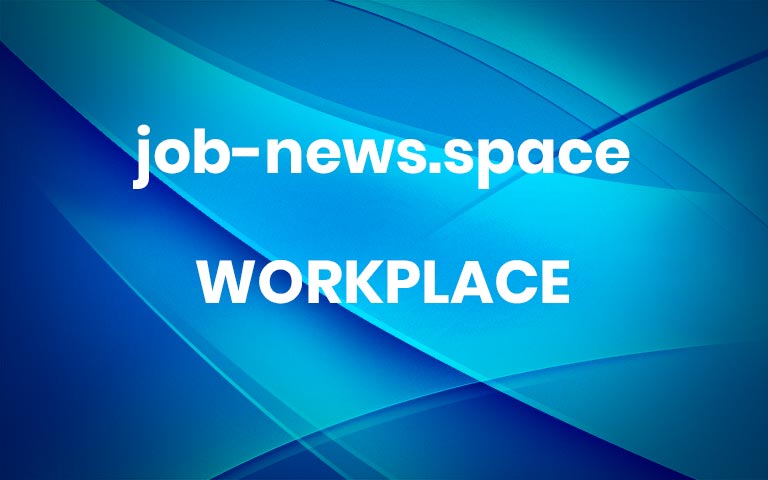5 Things to Avoid in Your First Job or Internship
While there is a lot of excitement that comes with your first job or internship, there can also be a level of uncertainty that can make you nervous about the upcoming milestone. Given that these are first-time experiences for a lot of people, it is natural not to know exactly what to do and what not to do in these new professional settings.
At WayUp, we help thousands of young professionals land their first job so we are no strangers to the missteps and errors made during these early days. To help make sure you don’t make the same mistakes some of us did, we interviewed a few WayUp and Yello employees to highlight some things to avoid doing in your first job or internship.
[embedded content]
Cramming Doesn’t Cut It
Something many of you will learn going into your first job or internship is that the habits that worked in college don’t always work in the professional world. One particular habit that doesn’t cut it anymore, is cramming.
While a college course often only lasts for a couple of months, a job will hopefully go on for much longer than that. This being the case, it becomes even more important to take the necessary time needed to complete your work. If not, you might end up in a nightmare situation like Jimmy did.
One way to avoid this is by setting completion goals for yourself. Instead of having one deadline, have multiple, with each one coordinating to a certain percentage of your upcoming task.
Don’t Take on Too Much Work
Another important thing to keep in mind is not to take on too much work. Although you may be eager to show your new employer how much you’re capable of doing, keep in mind that your responsibilities may take some time to get comfortable with.
While it can sometimes be advantageous to overachieve in your work, it is wise not to aim too high when you’re just starting a new job. In the aforementioned situation, Carter tried to take on too much and his work ended up suffering for it in the form of sore arms, likely impacting future shifts, and a messy uniform which most likely made him seem unprofessional.
Instead of biting off more than you can chew, start observing what other people are doing and maybe take the time to ask some more senior members how they manage time. This way, you can start grasping and comprehending what it takes to get more done in your position.
Stay In Your Lane
This next hazard to avoid is very specific and has to do with the interview process. Applications and interviews can be incredibly stressful with lots of anticipation. However, you never want that stress and anxiety to lead what this person did
In this situation, this individual likely came off as both uninformed and probably a little bothersome. Not only did they make themselves look bad, but unfortunately, they also brought Luis down with them!
As Luis mentioned, the best way to find updates about your application is to go through your HR recruiter or the hiring manager for the role. Check out this blog to find more great ways to follow up after an interview!
Don’t Ignore Your Sleep
When you’re starting your first internship or job, you’re likely going to have to get used to a new schedule. This means that you’re going to have to start valuing your sleep a lot more and getting a more refined schedule. If not, you might end up falling asleep in a meeting like Jess did during her first big internship in NYC.
=
This incident is nothing short of a horror story and clearly has remained a lesson with Jess throughout her professional life. At times, it can be very hard to stick to a tight sleeping schedule, especially if you have other things going on in your life like school or family obligations.
Our recommendation to you is to rid yourself of the unnecessary things that consume your time. That means no more back-to-back Netflix episodes, no post-dinner espressos, and definitely no scrolling endlessly on social media when you’re in bed!
Don’t Be Afraid To Ask Questions
Our last piece of advice when it comes to things to avoid in your first job or internship is something that you should keep in mind throughout the entirety of your professional career and not just when you’re first starting out. While some situations vary, asking questions will always be beneficial – especially when you’re just starting to familiarize yourself with a new role.
The intern in this situation was likely feeling pressure not to come off as needy or uninformed. Instead of clarifying what she was supposed to do and the deliverable that was required, she went ahead with what she thought was expected and ended up making more work for herself in the end.
As you make your way through your first professional experience, there very well might be mistakes you make that are specific and unique. The most important thing to keep in mind is not to let yourself get discouraged by those shortcomings and instead make it a learning experience that you improve from.
For more career insights and professional development tips, make sure you keep up with the WayUp blog! More




